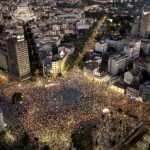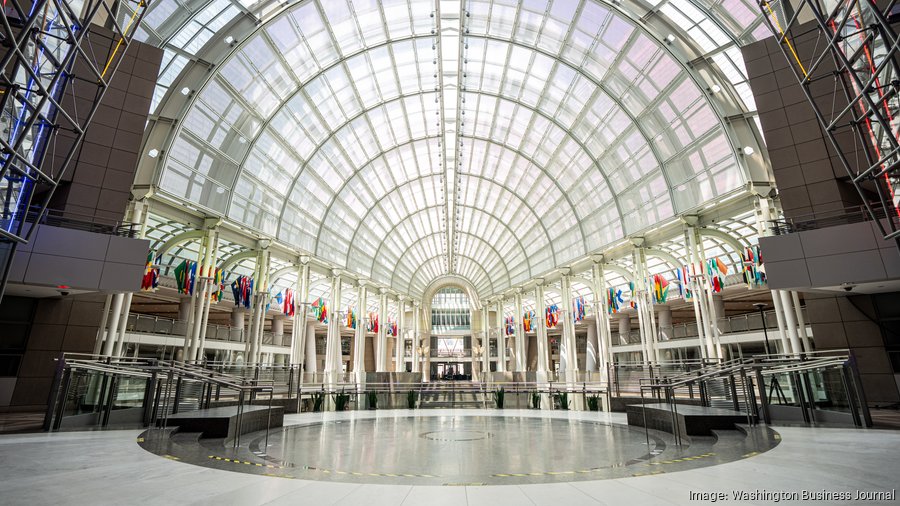The protest movement that’s rocked Israeli politics over the past months on Thursday shifted its fire to a new target: special treatments given to the country’s rapidly-growing ultra-Orthodox population. The growing discontent threatens to widen a critical fault line spanning Israeli economics and politics.
Declaring a “Day of Disruption to Demand Equality,” tens of thousands of marchers in several cities asked for an end to a variety of special perks given to Israel’s ultra-Orthodox Jews, who are called “Haredim.” As they did in their successful quest to force a pause in Prime Minster Netanyahu’s supreme court reform scheme, protesters blocked roads and demonstrated outside cabinet officers’ houses — although their numbers lagged earlier demonstrations.
One of those special treatments is exemptions from Israel’s military draft. Haredim who are enrolled in religious study get to skip compulsory military service, a central aspect of Israeli society and an essential ingredient in the country’s militarism.

As long as they keep studying the Torah, the exemption keeps going too. Worse, Haredi men receive public subsidies all the way to the standard retirement age of 67. That’s an economic double-whammy: These men aren’t productive, and are taking money collected from others. (Thanks to America’s lavish foreign aid to Israel, and the fact that money is fungible, some of those on the wrong end of this redistribution scheme are US taxpayers.)
In another exception to policy, Haredi children are exempt from Israel’s educational standards. Haredim children don’t have to study core topics like math, science and English, which means they offer lesser skills to would-be employers.

According to the Bank of Israel, 75% of Haredi women work, but just 50% of men. Two thirds of those working men only work part-time, and mostly in menial jobs commensurate with their lack of Earthly education. The average Haredi family pays only a third of the income tax paid by non-Haredim.
Within Israel, the dynamic has sparked growing resentment among non-Haredi Jews. “This is taxpayer money, almost exclusively funded by families whose children serve in the IDF,” wrote Yaakov Katz in a Jerusalem Post opinion essay. “Having IDF-serving families fund non-serving families is an insult to these soldiers.

Similar sentiments were expressed on Thursday. “[The Haredim] are not carrying with us, they are not part of society,” 58-year-old Dafna Goldenberg told the Washington Post. “I’m deeply worried that it will all collapse.”
She said when she debated Haredim in front of a yeshiva school, they assured her, “God will protect us and we will protect you by studying Torah.”
The economics of the situation are growing grimmer each day, thanks to the fact that the Haredim are the fast-growing segment of Israel’s population, with a birth rate that’s triple that of non-Haredi Jews.
The politics are intense too. Netanyahu’s grip on power rests in part on Haredi political parties, whose demands for expedited passage of new laws cementing military exemptions for Yeshiva students are accompanied by threats of withdrawing from the ruling coalition.
“Coalition agreements signed between Netanyahu and the ultra-Orthodox parties also reportedly promise to funnel billions to ultra-Orthodox institutions, housing developments, and health-care and child-care services, proposals that have further infuriated the anti-governmental protests” — Washington Post
Since he values power above all else, look for Netanyahu to walk a tightrope, with a bias toward advancing the Haredim agenda at the price of undermining Israel’s long-term economic, cultural and political stability.
Loading…











